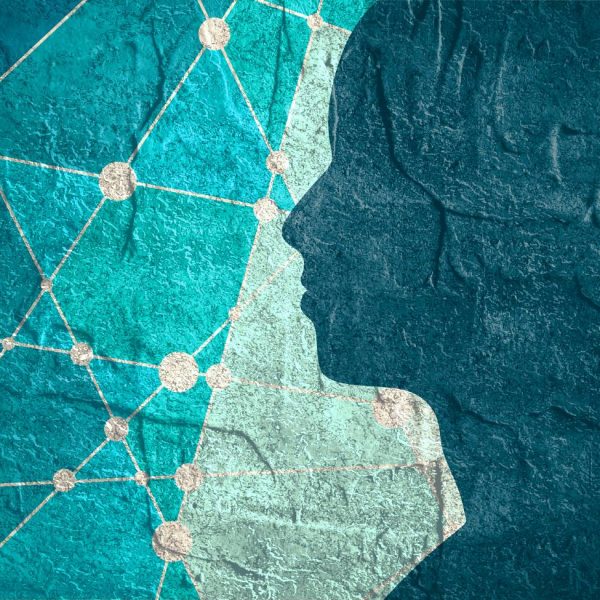
Mental Health Month is an important time to honor and raise awareness around mental illness and mental wellness. Correcting and combating stigma and discrimination, including with data, is one of the month’s major goals. It’s hard to talk about mental health without also addressing substance use disorders (including opioids), homelessness



